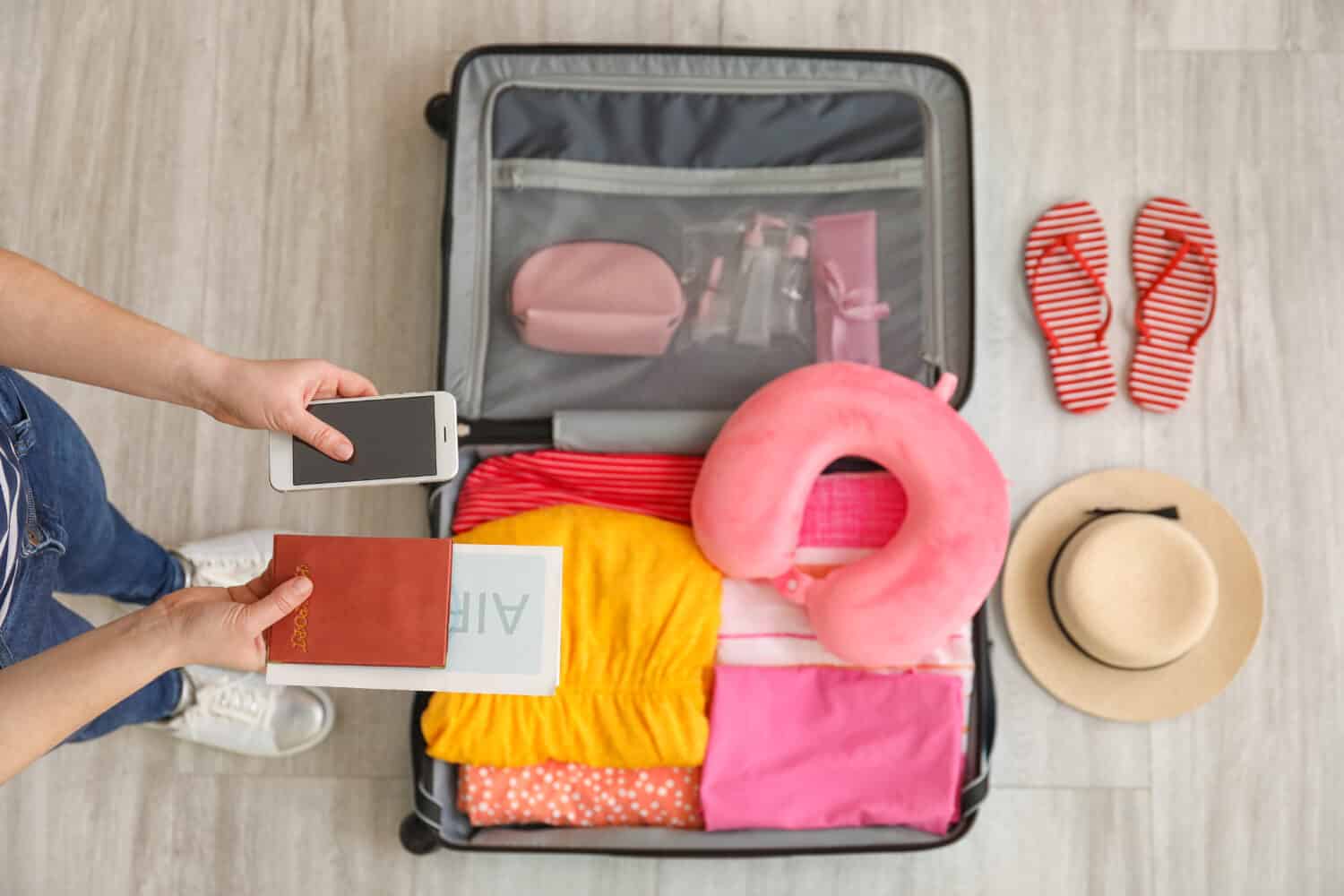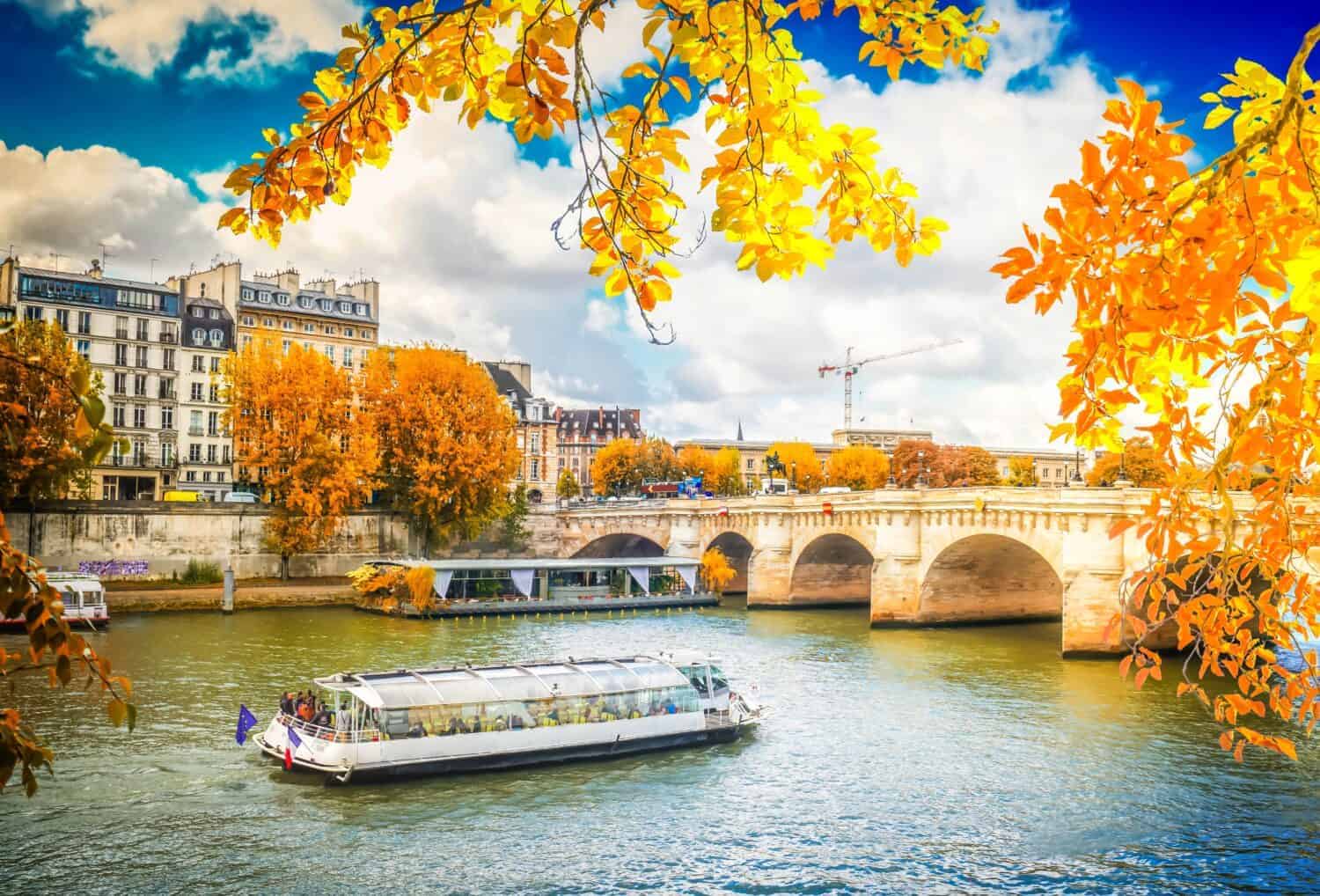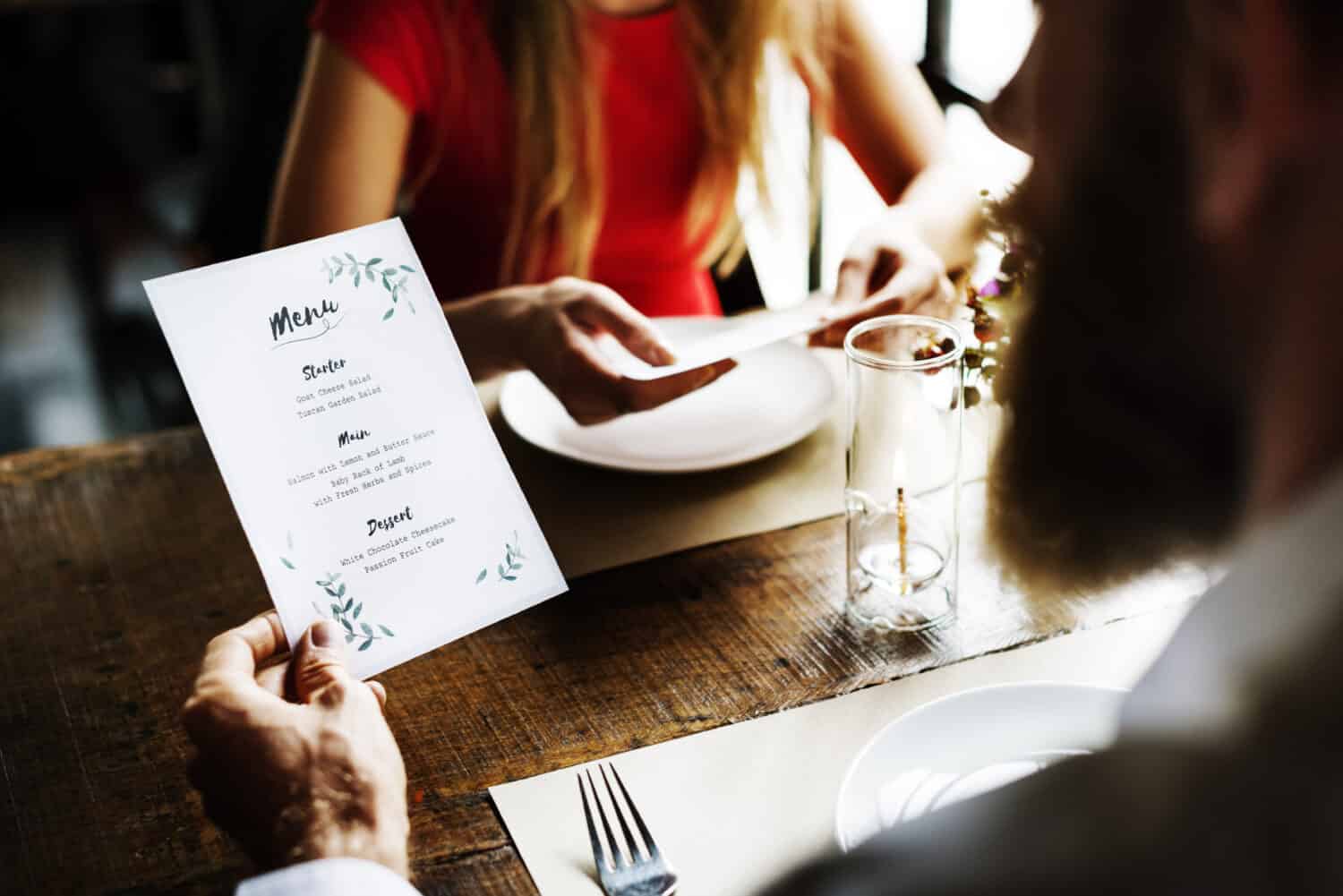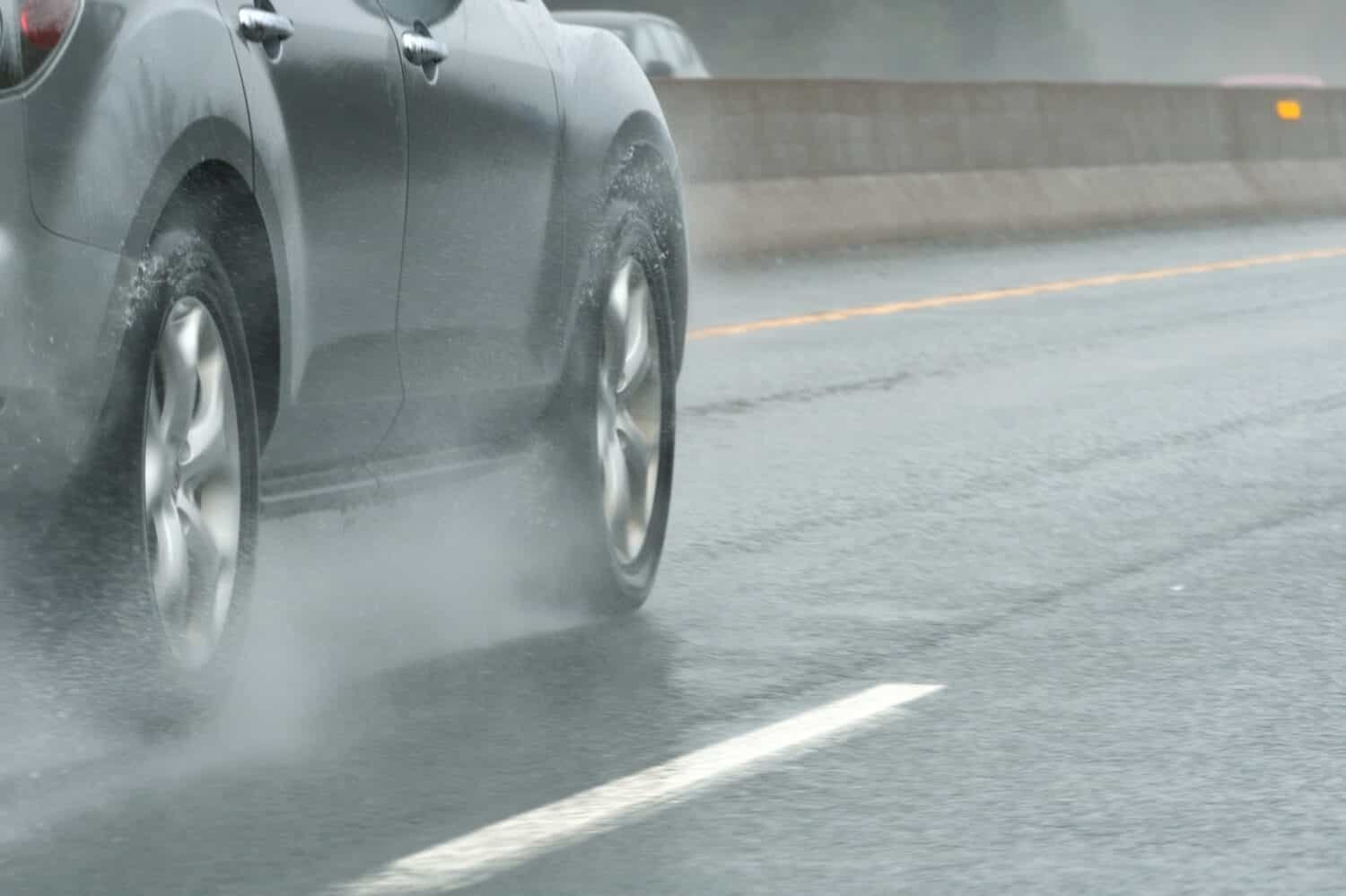

































16 Things to Know Before Visiting France
If you're interested in traveling around the world, then France must be an entry on your bucket list. There's so much to see and do in this amazing country, and it's worth seeing at least once in your life. With that said, while it's a welcoming country, it's not a place you want to visit without a bit of prep. Especially if you plan to stay for a while. It's vital that you know the safely rating before you arrive as well as the best ways to get from place to place and how to avoid scams. Plus, it's good to learn a few important aspects of the culture of the country, so you don't insult anyone along the way. To prepare you for your upcoming trip, here are 16 things to know before visiting France.
You're Going to Have a Great Time
There's plenty to know before visiting France, but it's important to not get so bogged down in the details that you miss out on this incredible adventure. There's so much to love and see and do. The culture is amazing, and you'll learn a lot during your journey. The food is also incredible While you're there, try to taste as many of the French staples as you can, from the boeuf bourguignon to the steak frites. Of course, you should also see the sights, with stops at the Eiffel Tower, the Louvre Museum, and the Cathedral Notre-Dome de Paris. You'll likely learn a lot about yourself during the trip and you'll likely appreciate life in general that much more. That being said, you need to stay safe.
Know the Safety Rating
It's important to research the safety ratings of the country you intend to visit. Different factors can affect safety, from civil unrest to the outbreak of a disease or sickness. If you go on the U.S. Department of State website, you'll see that each place is rated from level 1-4. Level one means to practice normal precautions. Level four means you "should not travel." At this moment, France is at level two, which means to exercise increased caution. In this case, they say it is because of potential terrorism and civil unrest. That won't always be the case, but it's still important to check out the state website before you make any big plans or buy plane tickets.
Know The Tourist Laws
Another thing to know before visiting France is a bit about the laws regarding how long you can stay and what you'll need before you can even set foot in the country. For instance, you will need at least three months of validity left on your passport before you'll be admitted. The reason is that non-EU nationals can only stay for 90 straight days before it's necessary to complete additional paperwork. You should also be aware of what you can and cannot bring out of the country. Many people like to transport French cheese, but that's a big no-no. Search online to learn everything you need to know about French customs and regulations.
Know What Paperwork to Bring With You
When you're traveling in France, you must know the paperwork you'll need to get by and stay out of trouble. For instance, in France, the police can ask for your I.D. at any time, so you better have it with you. Your I.D. must be your passport, not your driver's license. Also, many parts of France do not use contactless forms of payment. Places in Paris will typically only use paper tickets or cards. Many experts also recommend that you use cash whenever possible. You can get it easily out of ATMs and use them to avoid costly exchange fees. Many shops will also require you to spend a certain amount before you can use a card, so cash will make it easier.
Know How to Say Hello and Goodbye
If you're going to fit in while visiting France, then it's only right to be polite, especially if you plan to attend parties or meet new people. In France, hello is bonjour. When you leave, it's customary to say bonne journée or bonne soirée for have a good day/evening. Many people in France still do the kisses on the cheeks to greet one another. In France, two kisses are the norm. Keep in mind that some people are still skittish after COVID-19, so a handshake or fist bump may be better. If you do attend a party while you're in the country, it's expected that each attendee says hello and goodbye to every guest in attendance as they arrive and before they leave.
Learn French Eating Etiquette
Since you'll be enjoying all of that amazing local food, an important thing to know before visiting France is the eating etiquette. There are many different rules and norms that you may not expect at home. For instance, most people in France don't use plates at breakfast. Instead, they use bowls. Many people don't use plates at all, especially when eating bread and jam. You'll also notice that the French don't typically drink coffee or eat while walking around. Instead, they choose to sit down and enjoy their meal. Walking with a coffee may mark you as a tourist. Also, keep in mind that the French typically only eat dinner between 7:30-9:30 pm, and it will be tough to find a meal outside of those times. If you decide to have a toast at dinner, clink glasses and say "sante," which means health.
Know When to Visit
Just like any vacation destination, it's good to know when to visit France so you aren't lost in huge crowds. Avoid July and August. That's when most of Europe is on holiday, meaning there will be many tourists there, and the locals will be out of school. Your best bet is to visit after September or before June. The lines will be shorter, you'll feel less rushed, and you'll get a chance to really absorb the beauty of this wonderful place. An ideal time to visit is around Christmas time. It's a slower season, and you'll see spectacular scenery that's quite breathtaking.
Be Prepared for Smoke
An important fact to know before visiting France is that smoking is not frowned upon there like it is in America and other parts of the world. It's not abnormal for you to walk out of a building or walk down the street and get hit with a cloud of smoke. Don't take offense. However, this is an important fact to remember if you're traveling with children or you have asthma or breathing problems.
Know Best Practices for Dining Out
There are several factors to remember when you're dining out in France. One of them is that you should always make a reservation. Most French folks don't just show up at restaurants, so if you do, a seat may not be available. Know that kid's menus typically aren't a thing in France as kids are generally expected to eat what their parents eat. Once you're done eating, ask for your bill, or you may never get one. That's because many French folks can sit around talking for hours after they're done eating. Finally, know that tipping isn't as commonplace as it is in other countries, but it's sometimes expected. To be safe, leave 5-10% behind.
You Have Many Travel Options
It's worth your time to see many different parts of France, so before you visit, it's best to learn how to get from place to place. Many people choose to select a ride-sharing app like BlaBlaCar to get where they're going, especially if they're traveling solo. Another option is to take the train. They travel frequently and go almost anywhere you'd want to go. Just remember that the cost can add up over time. However, you can research for the most affordable train prices and save a lot of money.
What to Expect if You Drive
The other travel option is to drive to your destinations by renting a car. However, there are some things to keep in mind. One is the toll charges. If you take the motorways, you will need to pay tolls, so it's best to research the potential costs ahead of time. You may also choose to take the national roads, which typically don't have tolls but they take a lot longer. Before you decide to drive, you must know that not all roads are the same. Some roads will be paved and look like any other place. However, other roads may not be finished and be only one lane, so you need to drive carefully and anticipate what's down the path.
Research When Places You Want to Visit Will Be Open
An important thing to know before visiting France is that they operate differently than other places in the world. For starters, the French really value their Sundays as a day to spend time with family, so many restaurants, stores, and attractions may not be open, or they'll be open for a limited time on Sundays. As was noted earlier, the French often take longer to eat lunch because they want to enjoy their meal to the fullest. So, it won't be unusual to see stores closed from 12-2 pm on weekdays. Plan your trip accordingly and you'll be fine.
Know the Potential for Crime
France is a wonderful place, but it's far from perfect when it comes to petty crime. As many travelers have learned in the past, you must be careful. If you rent a car, be sure to bring any valuables with you when you park. Some places, like Aix en Provence, are noteworthy for rental car crime. It's also essential that you're careful when taking the train. Professional criminals will look for travelers who appear tired or disoriented, and they may try to steal their belongings right out of their pockets. Keep bags and wallets in front of you and keep some money in a sock or other unusual place so you have something left if you are robbed.
Be Cautious of Scams
In addition to the general crime, there are also some scams that French criminals may try, especially if they can sense you're a tourist. One of them is to offer you free stuff on the street. If you accept, they may change their mind and demand money. Another scam is asking you to sign a petition for one type of cause or another. However, when you're signing the paperwork, someone else may try to steal money from your pockets. Finally, be cautious of anyone offering to help you without you asking first. French locals aren't known to randomly offer assistance, so it may be an attempt to pick-pocket you.
Don't Get Mad If People Cut in Line
There are a couple of French cultural nuances you'll want to know ahead of time so you don't get yourself in hot water. One of them is that in France, the idea of a line is almost unheard of. So, if you're waiting for an event and people try to get ahead of you, don't take it too personally. The other issue you may face is that of jaywalking. There are rules about jaywalking in France. However, most of the locals ignore them and will walk across the street whenever they see fit. That doesn't mean that you should do it. However, it's important to remember if you're driving. Always be on the lookout for pedestrians.
Try Not To Be Too Loud
One fact that many people don't know about the culture in France is that they are not loud people. In fact, if you're talking loudly in a restaurant, on public transportation, or just while walking down the street, it's considered to be rude. Plus, you'll stand out from the crowd and increase your chances of being followed around by a criminal. Instead, speak in a normal tone and try to avoid loud conversations on the phone while you're around crowds. If you're naturally a loud person, you may want to work on your inside voice before you arrive.